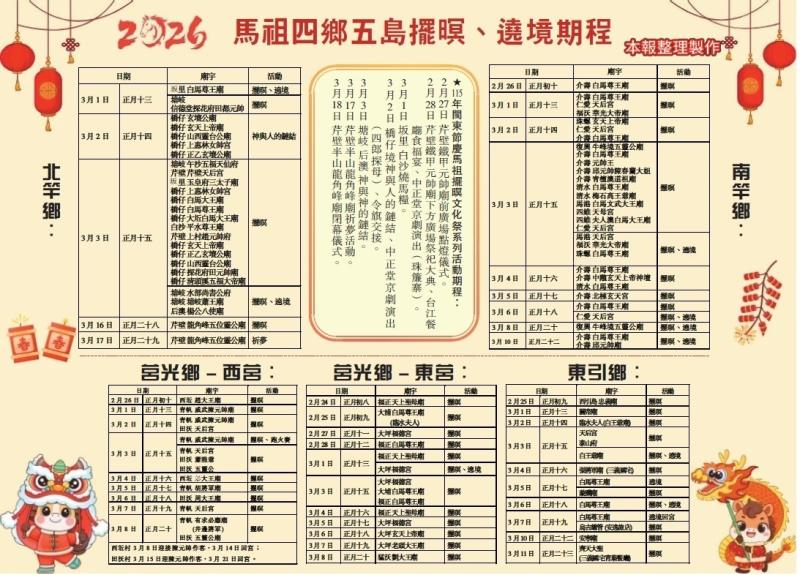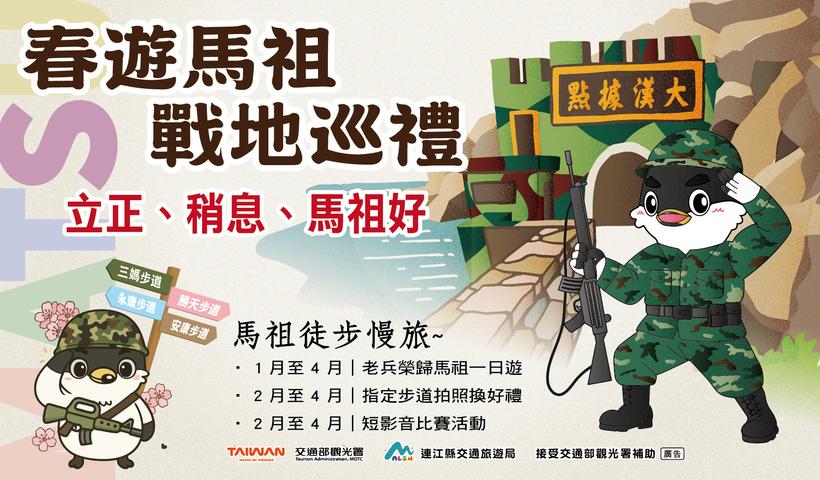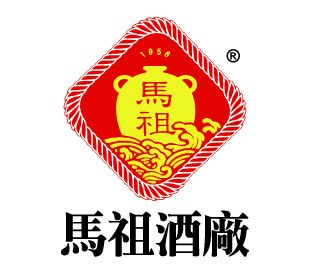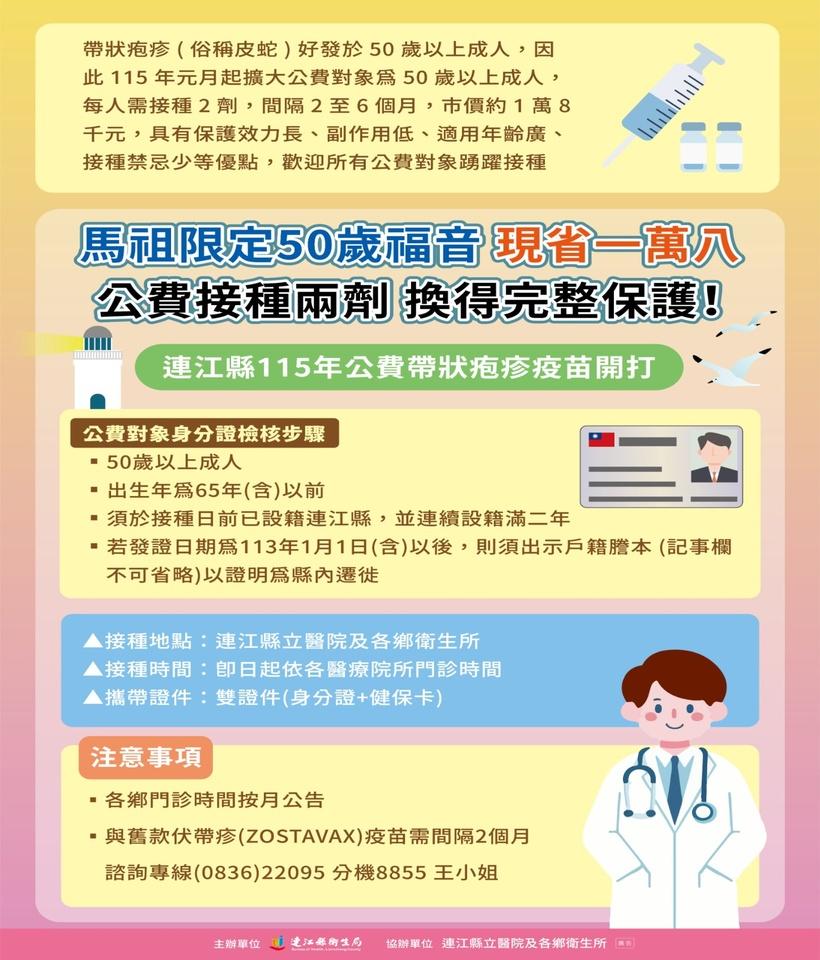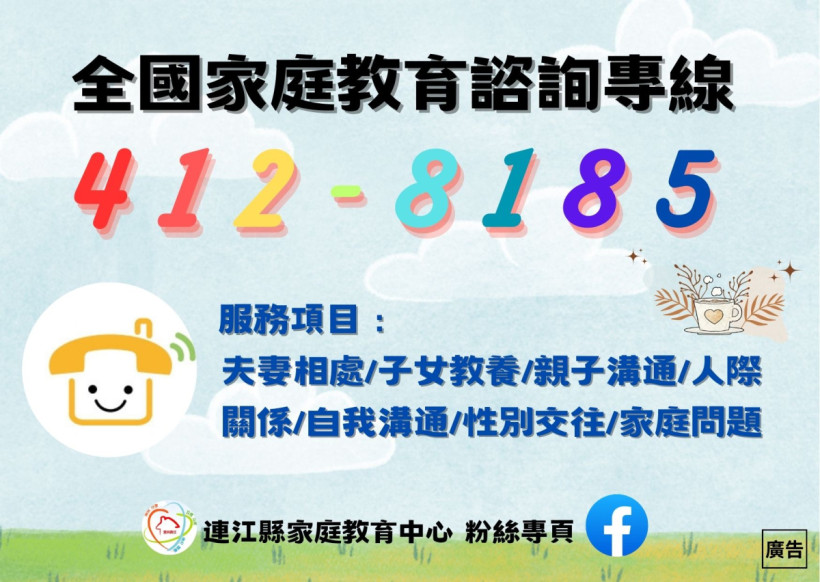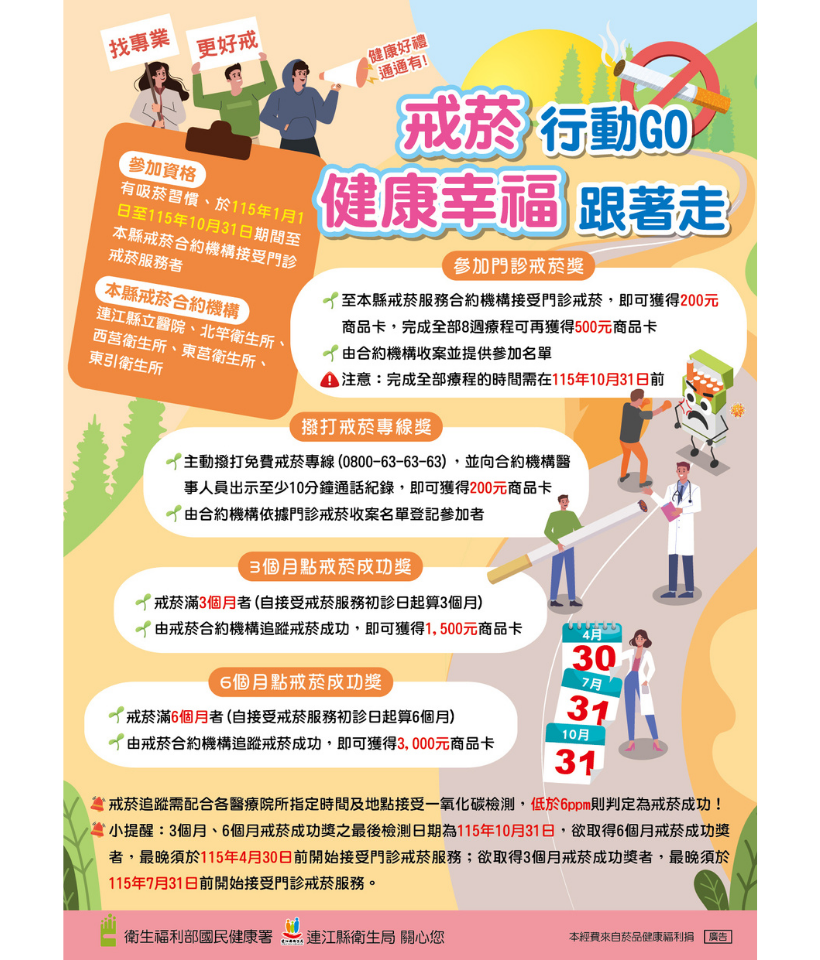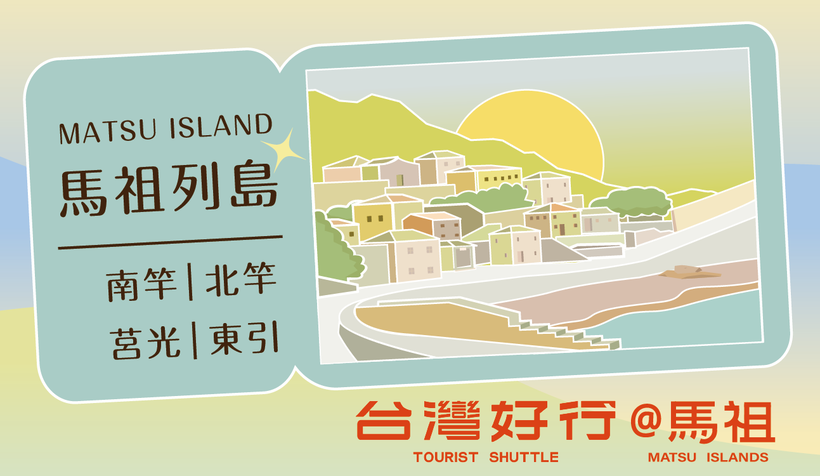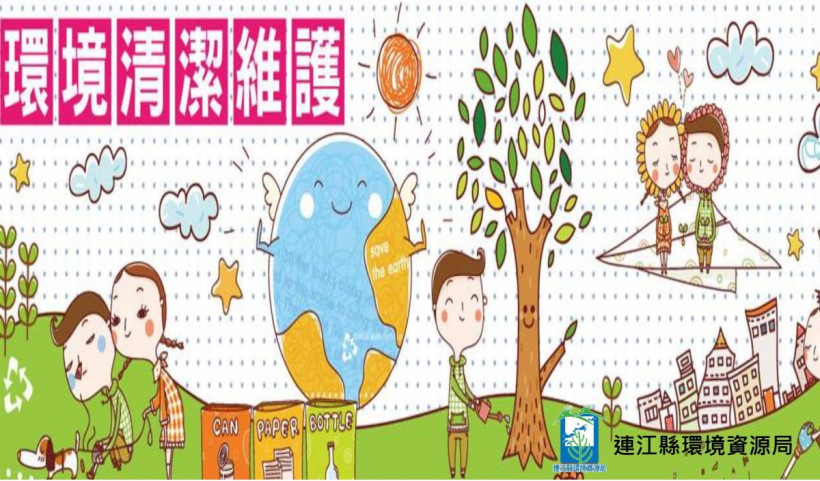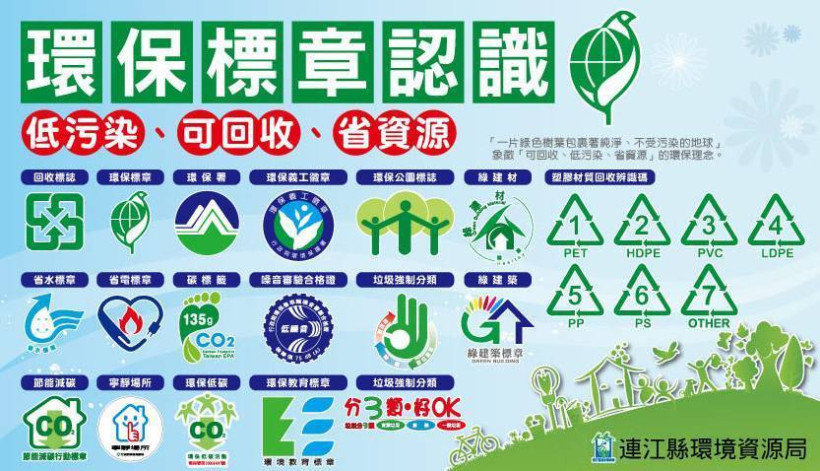馬報摘要翻譯:
莊順福於五個月前在馬祖新開一家「馬祖1青年民宿」,他自己是唯一的員工,但他「以工換宿」的方式,歡迎住宿的客人來幫忙民宿烹煮食物、打掃房間、澆灑花園。
莊順福為了打造他夢想中的民宿,特別向銀行借了160萬,但160萬元大多都已花在傳統閩東建築的整修。就當他計窮才竭的時候,他在網路上張貼「以工換宿」的訊息,出乎意外地,申請者大量湧来。
莊順福說,這些背包客能幫助他完成一些他自己無法做好的工作,包括網站的建置、用臉書和潛在客戶互動等,莊順福說,「這是一個很棒的交易」。
Thu, Nov 22, 2012 - Page 12
Taiwan’s guesthouses and hostels are now offering working holidays that allow travelers to live rent free in exchange for doing odd jobs. The scheme benefits both parties — though some drawbacks remain
By Nancy Liu / Contributing reporter
A view of Tiffany Lin’s Hokkaido guesthouse.
When Chuang Shun-fun (莊順福) opened Matsu 1st Hostel (馬祖1青年民宿) on the outlying island of Matsu five months ago, he was the only employee: he greeted the guests, cooked the meals, cleaned the rooms and watered the garden.
As much as he needed staff, Chuang simply couldn’t afford them. The former truck driver/tour guide had already borrowed NT$1.6 million from the bank and spent nearly all of it converting a traditional Chinese courtyard house into his dream guesthouse.
At his wit’s end, he posted a message on the Internet asking if anyone wanted to work for him in exchange for free room and board. To his surprise, applications came flooding in.
Labor for accommodation
Taiwanese are fast becoming more open to the idea of working holidays. University students and young adults between the ages of 25 and 35 see it as a low-cost way of traveling the world and experiencing different cultures. And since most of them are trekking on shoestring budgets, they are willing to trade in labor and talent for a roof over their head.
“I think I’m the biggest winner in all this,” Chuang said, though he admitted to hosting a few freeloaders in the past who refused to do work.
Chuang said backpackers have helped him to accomplish tasks he couldn’t otherwise do himself, including setting up a Web site, using Facebook to interact with potential customers and writing reviews about the volunteer work exchange experience.
“It’s wonderful. I’m expanding my customer base through online advertising and word of mouth,” he said, adding, “This is a great deal.”
Thomas Pai (白志棠), founder of Ki Taiwan, a Web site that matches backpackers with hosts, agrees. Pai says that because most guesthouses are run by families on a small scale, he said the owners need as many volunteers as they can get to help out with everything from housework to entertainment.
More information
Matsu 1st Hostel (馬祖1青年民宿)On the Net: www.matsuhostel.com
Lavender Cottage (薰衣草森林)On the Net: www.lavendercottage.com.tw
Ki Taiwan On the Net: www.kitaiwan.com
Backpackers (背包客棧)On the Net: www.backpackers.com.tw
A brief look on Ki Taiwan reveals that guesthouses located throughout the nation are looking for cleaners, musicians, management specialists, gardeners, babysitters, painters, writers, computer programmers and social media experts.
Growing trend, growing pains
Work and accommodation exchange remains a small trend in Taiwan, but Pai forecasts that the trend will soon catch on.
But if membership on the Web site is any indication, it’s already a popular kind of travel. One year into its launch, the site has over 10,000 users. Backpackers (背包客棧), an internet forum that promotes low-cost travel, has 56,000 active members.
As Taiwanese develop a taste for work-accommodation exchange, some warn of the accompanying problems that are springing up from the pursuit.
Jo Chen (陳家慧), 35, an experienced backpacker who has traveled extensively throughout Australia and Taiwan, said that some people prioritize fun before work and would even leave the work half done, causing more mess than they have cleaned up.
“There’s not enough understanding about the purpose of the exchange program,” Chen said.
The exchange isn’t just a chance to get away; it is an invaluable opportunity to understand a local culture, she added.
No talent required
Tiffany Lin (林庭妃), co-founder of Lavender Cottage (薰衣草森林), a well-known leisure company operating in Taiwan and Japan, said she holds interviews to ensure that qualified applicants know what they’ve signed up for.
Lin opened up her four boutique homestays — including one in Hokkaido — three years ago to target young travelers on a shoestring budget. She has since hosted local students and backpackers from Singapore, Malaysia, Japan, Hong Kong and other parts of Asia.
“You don’t need a talent to apply for a position because we teach you everything. All you need is a willingness to learn,” she said. She added that a few travelers have dropped out half way into the program because it was too rigorous.
To stay at Lin’s hostels for free, backpackers work seven hours a day for a minimum duration of one month. Once they complete their hours, they are free to do what they want — tour scenic spots or interact with locals.
Lin suggested that to get the most out of a work-exchange, backpackers need to have the correct mindset and do their homework before departure.
“Traveling has given me much inspiration in life and the experience should be made available to all,” Lin said.
Traveling on a shoestring/Chuang Shun-fun (莊順福) opened Matsu 1st Hostel (馬祖1青年民宿)--Taipei Times
- 2012-11-22

